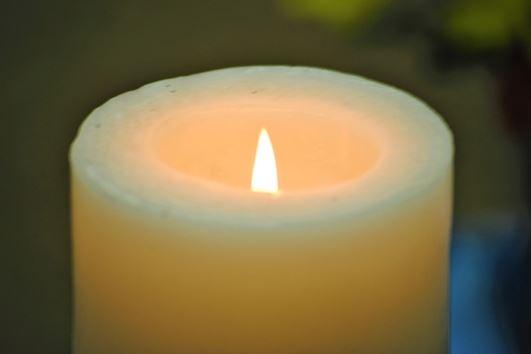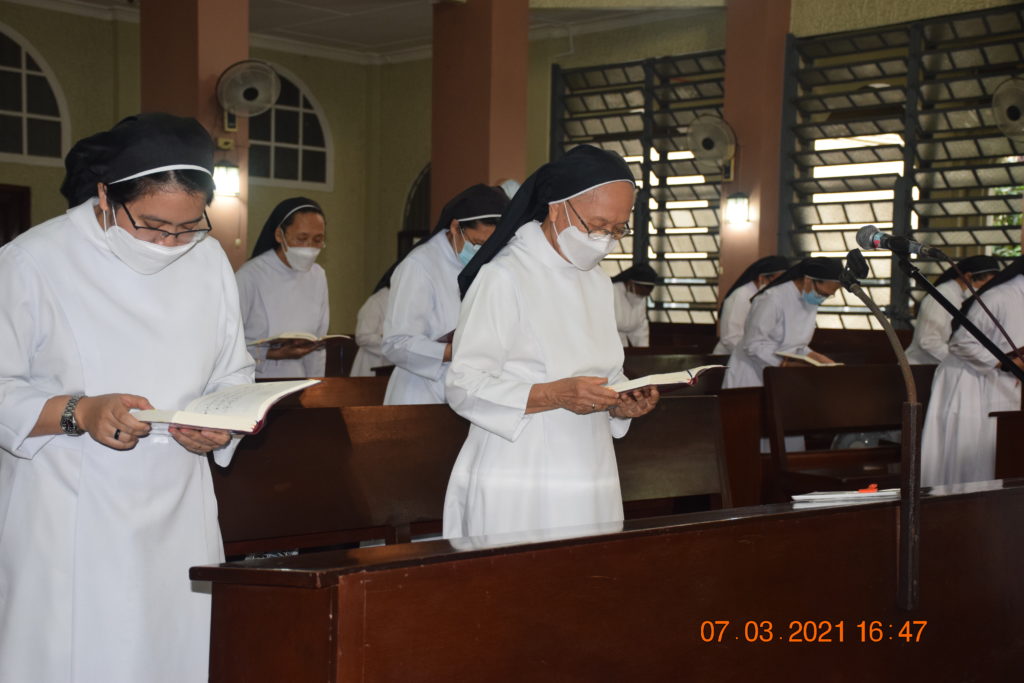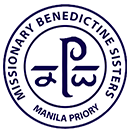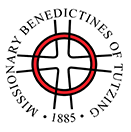Liturgical Life
OUR LITURGICAL PRAYER
The second edition (2002) of our Constitutions of the Missionary Benedictine Sisters (MBS) of Tutzing states:
“The liturgy is the highest form of our prayer in which we join in the praise of the Church, glorifying Christ and through him the Father. In the power of the Holy Spirit we stand with Christ before the Father on behalf of the whole world. The liturgy is the fountain from which our strength flows” (III, 2).

As we participate in the public prayer of the Church which is primarily for the glory of God, we also have the privilege of praying with Christ and, together with him, we intercede to the Father for the needs of the whole world. And it is the liturgy that enables us to continue Christ’s work of teaching, healing and saving on earth. This share in Christ’s work and mission points to the missionary dimension of the liturgy.
Subsequent texts of our Constitutions identify the threefold component of our Benedictine prayer: first, the “Eucharist as the center of our life” (III, 2) and its highest point, as well as our source of renewal and unity; second, the Opus Dei, (Divine Office or Liturgy of the Hours (LOH), as our “basic community prayer”. The third component is Lectio Divina (LD), which feeds, strengthens and prepares us for a meaningful celebration of the liturgy (#3). LD deals with the Word of God in its classic composite and unified process of reading-meditating-praying of Scriptures which culminates in contemplation.
A CHERISHED BENEDICTINE HERITAGE
The practice of praying the psalms dates back to the earliest tradition of monastic prayer. In his 5th century Rule (RB), Benedict puts emphasis on the importance of the Opus Dei (“Work of God”) making this, a priority in the lives of his monks. He deals with the LOH in 19 chapters of the RB (8-19), not to mention other related chapters (20; 42; 43; 45). Indeed, this is our priced liturgical heritage which we hold in common with Benedictines all over the world. The 19 chapters comprising the Rule’s Liturgical Code, contain many detailed prescriptions such as which psalms, when, how and what else to pray, and so on (not exactly an easy reading). Yet, the details are a key to the structure and organization of the LOH, and are the master strokes of a gifted liturgist like Benedict .Thus, he established a stable but flexible form of discipline in the LOH from which we all benefit till today.
In the monastery, Benedict wisely inserted common prayer between hours of work (ora et labora) providing his monks with a balanced rhythm of life. The result is a fruitful consecration of all hours of the day, a round-the-clock interchange of prayer and work, from the rising of the sun to its setting, and includes prayer between midnight and pre-dawn (Vigils). So, down the centuries, generations of monks, nuns, Sisters pray the Divine Office in an unbroken Benedictine tradition. Their lay affiliates, the “Oblates of St. Benedict” likewise practice this prayer within their own state of life and possibilities.

In or context as Missionary Benedictine Sisters who work in schools, hospitals and social centers, we pray the main hours of Lauds (Morning Prayer) and Vespers (Evening Prayer), Midday Prayer and Compline (Night Prayer). On Solemnities like Pentecost and Christmas we also pray the Office of Readings. Our Benedictine common prayer is inseparably linked to our life as missionaries engaged in apostolates and institutional activities. Nevertheless, as missionaries we strive to cultivate a life of contemplation and bringing this in fruitful harmony with action (Const. III,4). In both prayer and work we are conscious of the Divine presence which, Benedict points out, is everywhere, but especially when we pray the Divine Office (RB 19:1-2). To emphasize the primacy of the LOH in our life, Benedict uses the phrase, to “prefer nothing to the work of God” (RB 43:3). It is the same word “prefer” that Benedict uses when he speaks of “preferring nothing to the love of Christ” (RB 4:21) or “the love of Christ must come before all else (72:11). (Cf. Commentary to RB 1980, Collegeville MN). Our common prayer is always an encounter with Christ; hence, a Christ-centered spirituality.
The psalms, canticles and readings from Scriptures constitute the body of the LOH making the liturgy the best of biblical spirituality centered on the Word of God. In the liturgy God speaks and we listen and respond to his word. This dialogue becomes our spiritual lifeline in all of our human experiences. The psalms vividly portray God as our sanctuary, a refuge, a shelter, our hope and salvation.
Finally, liturgy focuses on the importance of the community of believers gathered together in worship of the living God. While it does not lose sight of the value of private prayer, liturgical prayer goes beyond personal concerns as we carry the intentions of the larger community – of the society and the world around us. The cries and groans and pleadings in many of the psalms we pray mirror the very real cries of people today for help. And the same call to action holds – in the form of intercession (prayer) and active charity.
By Sr. Pia Lansang, OSB

Read more about Liturgical Life: A Contemporary Sharing on the Power of Christian Liturgy

